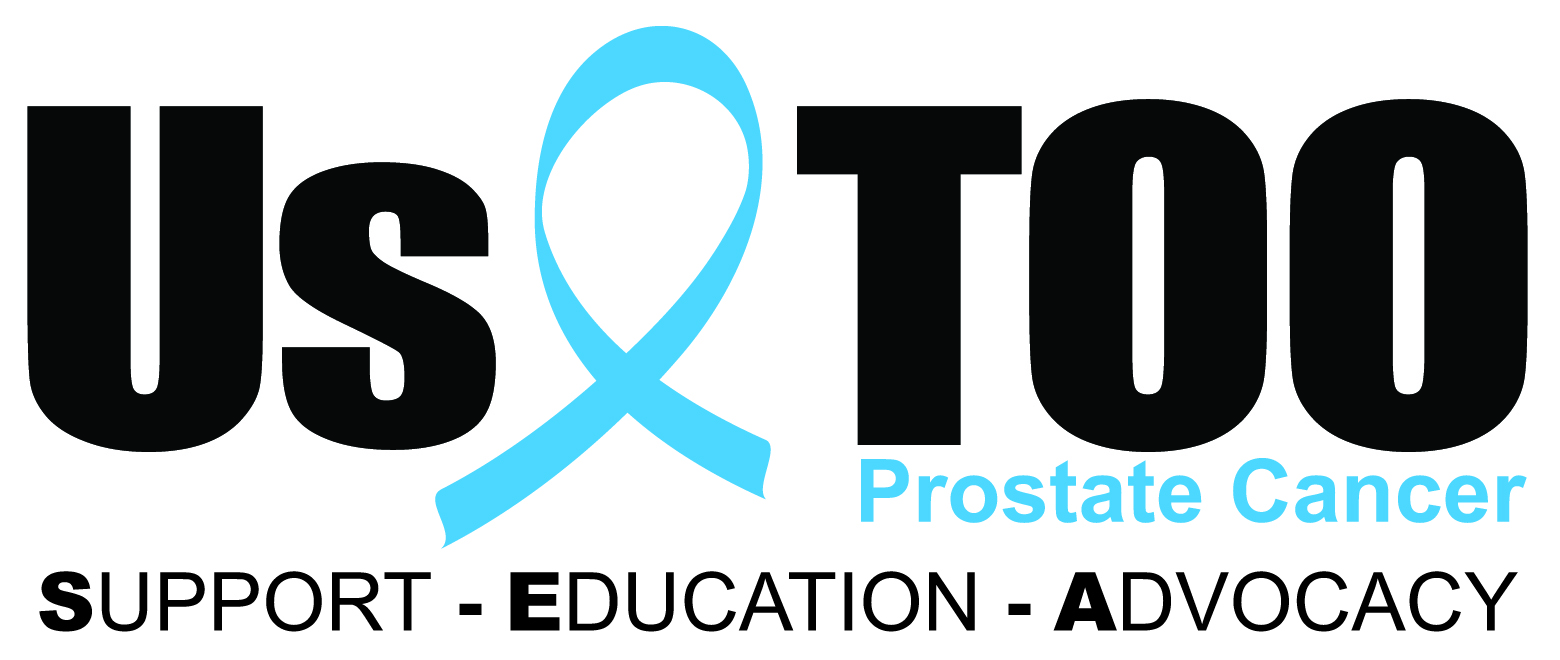What is the patient’s role in choosing his treatment?
For five thousand years, it seems that Medicine was a “doctor’s thing”, but over time the medical team has come to include nurses, psychologists, dieticians, etc.
For many years, only doctors knew what was best for patients. They chose the treatment without any real input from the patients in the decision making process.
As a general rule, doctors have little time to educate their patients, with the implication that there is even less time for patients to be able to ask questions.
Whenever there is more than one treatment option, as is the case with prostate cancer, the actual talking through the different possibilities (which is fundamental to help the patient make an informed decision) is rushed and often skewed by the specialty of grade of the consultant providing the information (surgeon, radiotherapist, oncologist, etc).
However, the days when patients were left out of the decision making process altogether are coming to an end. The information era is changing all of this, finally giving sufferers the starring role they deserve.
What do doctor-patient relationships consist of, or what should they consist of?
Before deciding on a course of action, the doctor gathers all the necessary information regarding the patient’s illness in order to be able to present a review of the facts and detailed arguments regarding the different treatment possibilities required. That way, the patient is aware of the pros and cons of each treatment available.
From then on, the patient is the one in charge of making a decision, seeing as he is after all the one who will have to live with the results and consequences of his choice.
Each individual must choose what he thinks is best for him.
It is even possible that the person, once informed, decides to leave the choice in his physician’s hands. He is of course entitled to decide whether he wishes to decide for himself or delegate his doctor to do so on his behalf.
So what is the doctor disagrees with my decision?
First of all, the patient has to listen carefully to the doctor’s arguments. Communication channels must be opened up between patient and doctor. The reasons put forward by doctors tend to be completely legitimate.
Nevertheless, should the doctor fail to agree with- or respect the patient’s choice, the latter has every right to search for another doctor willing to do so.
Why do some doctors get upset when patients tell them what they think is best for them?
One has to be careful, seeing as many patients make decisions without being fully informed, having simply read a book about it or basing their choice on hearsay.
Doctors are specialists in their area and tend to have many years’ experience.
Even though you might think you have read -and therefore know- a lot, I believe that you should use your knowledge to improve your understanding of your physician and open up the door to communication.
So what do I have to do then?
Read this page and gain a sound knowledge of the diagnosis and treatment of prostate cancer.
You case is unique, after all it is your case and therefore, individual. Make sure you thoroughly understand the situation of your illness, ask doctors and nurses the questions you need answered. Get those answers in writing. Take some time to think about them.
Once you feel sufficiently informed, go back to your doctor and explain your decision. Then listen to his arguments. Do not attempt to make the opposite mistake to lack of patient information, that is, do not just impose your opinion on your doctors. Listen to them.
Should my spouse or partner help me in my choice of treatment?
Cancer is an illness that affects not only the patient but also his loved ones, his partner, his whole family, friends, acquaintances and work.
The role of the prostate sufferer’s partner is essential.
From the moment the diagnosis is made, the partner’s life is affected by the consequences of the bad news received and by those of the treatment. She will have to live with the problem 24 hours a day.
She must have an active involvement in information gathering and decision-making.
Ask her about their thoughts, her fears, her hopes, expectations and wishes. Involve her. Make her come to hospital with you, sit in on your conversations with doctors and nurses. Encourage her to ask questions and share her uncertainties.
You must share your feelings with her. Speak openly about her fears and worries, her insecurities about the future, her life, and quality of life and how these might be affected by your choice and its potential consequences.
Are there any women who do not get involved?
Yes, there are, but do at least try to keep her informed.
What about my friends? And what about work?
This is a tough question. With regard to friends, it all really depends on your relationship with them.
It is true that cancer is a taboo subject and that some people are likely to change their attitude towards you once they know that you have cancer; it seems as though they don’t know how to behave or are afraid of the illness itself.
Others tend to dish out advice to the person for no apparent reason.
Another tricky subject is to choose whether or not to tell work colleagues that you have received treatment for prostate cancer.
The way in which people respond to cancer has not significantly evolved. Many people who wish to get private health insurance tend to run into difficulties one they admit to having been treated for cancer.
In terms of work, this diagnosis can make things difficult, especially with regard to promotions and daily interactions with colleagues. This is how `powerful the taboos surrounding this illness can be.
Talking about your diagnosis or not is a very personal decision, one which you must think through carefully before choosing which way to go.
 English
English Español
Español


